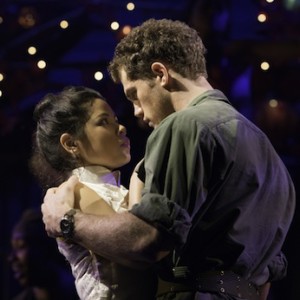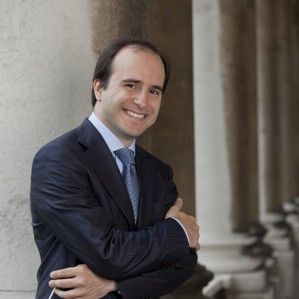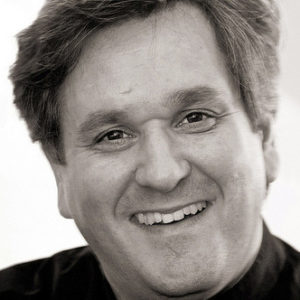Miss Saigon, Prince Edward Theatre
 The heat is on in Saigon – and 25 years after its world premiere Cameron Mackintosh has just turned up the thermostat. Boublil and Schönberg’s celebrated take on Puccini’s Madam Butterfly has always been my favourite of their collaborations (though I retain an enthusiasm for the pre-revised score of Martin Guerre) and there are moments in Miss Saigon where, truth be told, they trump the Italian master of romantic melodrama at his own game. Maybe it’s the ongoing resonance of America’s disastrous involvement in Vietnam and more recently Iraq but it seems to pack more punch now than it did back in 1989 and thanks to a production from Laurence Connor that owes much to Nicholas Hytner’s thrilling original there is if anything a closer identification with the central character of the Engineer (Jon Jon Briones) whose perception of “the American Dream” so cynically (in the light of all we now know) mirrors our own scepticism.
The heat is on in Saigon – and 25 years after its world premiere Cameron Mackintosh has just turned up the thermostat. Boublil and Schönberg’s celebrated take on Puccini’s Madam Butterfly has always been my favourite of their collaborations (though I retain an enthusiasm for the pre-revised score of Martin Guerre) and there are moments in Miss Saigon where, truth be told, they trump the Italian master of romantic melodrama at his own game. Maybe it’s the ongoing resonance of America’s disastrous involvement in Vietnam and more recently Iraq but it seems to pack more punch now than it did back in 1989 and thanks to a production from Laurence Connor that owes much to Nicholas Hytner’s thrilling original there is if anything a closer identification with the central character of the Engineer (Jon Jon Briones) whose perception of “the American Dream” so cynically (in the light of all we now know) mirrors our own scepticism.
The cleverness of the conception – and in this the writers are truly one up on Puccini and his librettists – hinges on the critical three years separating the fall of Saigon and the establishment of Ho Chi Minh City. When the American marine Chris unexpectedly finds love in DREAMLAND – the Engineer’s emporium for sex in the explosive heart of Saigon – his intentions towards the fragile and ideolistic Kim are far more honorable than those of Pinkerton in Butterfly. It’s the big “what if” at the heart of the show that really lends its emotional punch as we flashback to the fateful night when the lovers are torn apart in the chaos of the fall of Saigon and the last helicopter departs from the roof of the Embassy. That moment, that helicopter, has become the leitmotif for the show and was greeted with one of many roars of affirmation on opening night. It’s a symbol of Miss Saigon’s production values which are writ bigger and glossier and more operatic than ever. Whatever you think of the show – and I’m clearly a die-hard fan – the look and sound of it is sensational. Indeed I don’t think I have ever heard a contemporary musical sound better (sound design Mick Potter) in the theatre.
Claude-Michel Schönberg’s score is his lushest by far and the way its key themes germinate and cross-fertilise and underscore the show’s emotional climacterics is key to the dramatic clout it exerts. It sounds truly exotic in William David Brohn’s orchestrations – perhaps his best ever, spiced as they are with Vietnamese infusions of percussion and fragrant pipes in haunting pentatonic flights. Perhaps my favourite scene, musically and dramatically (and in this Schönberg really does out-Puccini Puccini), is the moment where Kim reveals Chris’s son (“There is a secret”) to the Assistant Commissar to whom she was once promised in marriage. As his outrage turns to threat and she takes the action that will seal her fate that melody becomes the communal voice of change – “This is the hour” – a capella, punctuated only by the crash and burn of percussion. The ambition of the piece is tremendous. The big set-pieces – like the big Reunification number “The Morning of the Dragon” – are truly eye-popping.
But there is a truth and intimacy and no-holds-barred intensity in the performances led by Eva Noblezada’s touching Kim whose fragility on stage belies and huge vocal and emotional range. Alistair Brammer’s Chris is vibrantly contemporary and as his friend John, Hugh Maynard pretty much stops the show with “Bui Doi” – the anthem to all the forgotten children who become illegitimate casualties of war.
But dominating the proceedings with wily scepticism and a nose for survival (“I speak Uncle Ho but think Uncle Sam”) is the Engineer of Jon Jon Briones – a kind of Emcee whose sharp talking pizzazz has its apogee in the quasi Kander and Ebb number “The American Dream” where, caught in the cross-beams of dazzlingly choreographed lighting (Bruno Poet), showgirls are draped from Liberty’s crown and Briones gets to frott a cadillac. Better than casual sex, the number is saying, and just as meaningless.
The show ends with the most poignant slow curtain in contemporary musical theatre history – and it is a tribute to its dramatic accomplishments that notwithstanding the epic proportions and fabulous production values the tiny lifeless figure of Miss Saigon, held one more time in her lover’s embrace, shall be our most lasting memory.
You May Also Like

GRAMOPHONE: From Where I Sit – July 2020
22/07/2020
A Conversation With GIANLUCA MARCIANO: Italian style and traditions
15/10/2013